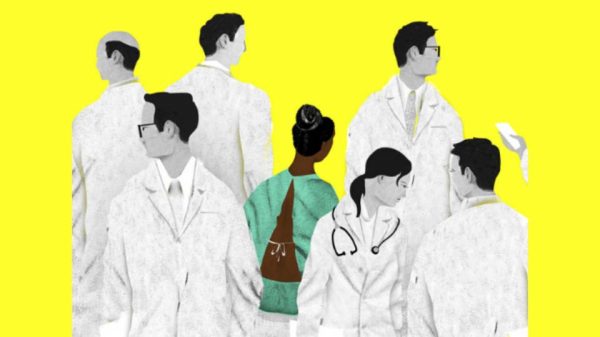As men enter their 30s and 40s, they often experience a shift in health priorities. While still relatively young, this is a crucial time to establish healthy habits and address emerging health concerns.
Cardiovascular Health
Heart health becomes increasingly important as men age. According to the British Heart Foundation, cardiovascular disease is a leading cause of death for men in the UK. Risk factors such as high blood pressure, high cholesterol, and obesity often begin to manifest in the 30s and 40s.
Regular check-ups with your GP can help monitor these risk factors. The NHS Health Check programme, available to adults in England aged 40-74, includes assessments for heart disease risk. It’s crucial to maintain a heart-healthy lifestyle, including regular exercise, a balanced diet, and avoiding smoking.
Weight Management
Many men find that maintaining a healthy weight becomes more challenging in their 30s and 40s. Metabolism naturally slows with age, and lifestyle factors like a sedentary job or increased family responsibilities can contribute to weight gain.
The NHS recommends at least 150 minutes of moderate-intensity aerobic activity or 75 minutes of vigorous-intensity aerobic activity a week for adults. Combining this with strength training exercises can help maintain muscle mass and boost metabolism.
A balanced diet is equally important. The Eatwell Guide, developed by Public Health England, provides a helpful framework for nutritious eating. Remember, even small changes, like reducing portion sizes or cutting back on high-calorie snacks, can make a significant difference over time.
Mental Health
Mental health is a crucial aspect of overall well-being that’s often overlooked. Men in their 30s and 40s may face unique stressors related to career pressures, financial responsibilities, and family life. According to the Mental Health Foundation, depression affects one in eight men in the UK.
It’s important to recognise the signs of mental health issues, which can include persistent low mood, changes in sleep patterns, loss of interest in usual activities, and difficulty concentrating. The NHS provides resources for mental health support, including talking therapies, which can be accessed through your GP.
Remember, seeking help for mental health concerns is a sign of strength, not weakness. Organisations like Mind offer confidential support and information for those struggling with mental health issues.
Testicular Cancer
While testicular cancer can occur at any age, it’s the most common cancer in men aged 15-49 in the UK. The good news is that it’s highly treatable when caught early. Regular self-examinations are crucial for early detection.
The NHS recommends checking your testicles once a month for any lumps, swelling, or changes in texture. If you notice any unusual changes, it’s important to consult your GP promptly. The Movember Foundation provides resources on how to perform a self-exam and what to look out for.
Prostate Health
While prostate cancer is more common in older men, awareness and monitoring should begin in the 40s, especially for those with a family history of the disease. The prostate gland can also enlarge with age, leading to benign prostatic hyperplasia (BPH), which can cause urinary symptoms.
Currently, there’s no national screening programme for prostate cancer in the UK, but men over 50 can request a PSA test from their GP. If you’re experiencing urinary symptoms or have concerns about your prostate health, don’t hesitate to discuss this with your doctor.
Erectile Dysfunction
Erectile dysfunction (ED) is a common concern for men in their 30s and 40s, affecting up to half of men between 40 and 70 to some degree. While often considered primarily a sexual health issue, ED can also be an indicator of underlying health problems such as cardiovascular disease or diabetes.
Despite its prevalence, many men feel embarrassed to discuss ED with their doctor. However, it’s important to overcome this hesitation. ED is a treatable condition, and addressing it can lead to improvements in both sexual health and overall well-being. Sildenafil tablets, for example, can be a big help. Visit Oxford Online Pharmacy to learn more about Sildenafil and other treatment options.
Skin Health
Sun damage accumulated over the years can start to show its effects in the 30s and 40s. Moreover, the risk of skin cancer increases with age. It’s crucial to protect your skin from harmful UV rays by using sunscreen, wearing protective clothing, and avoiding prolonged sun exposure during peak hours.
Regular skin checks are important. The NHS recommends using the ABCDE method to check moles: Asymmetry, Border irregularity, Colour changes, Diameter increases, and Evolving shape or size. If you notice any concerning changes in your skin, consult your GP or a dermatologist.
Stress Management
Chronic stress can have significant impacts on both physical and mental health. Men in their 30s and 40s often face multiple sources of stress, including work pressures, financial responsibilities, and family obligations.
Finding effective ways to manage stress is crucial. This might include regular exercise, mindfulness practices, or engaging in hobbies. The NHS offers resources on stress management, including a mood self-assessment tool and tips for coping with stress.

































































